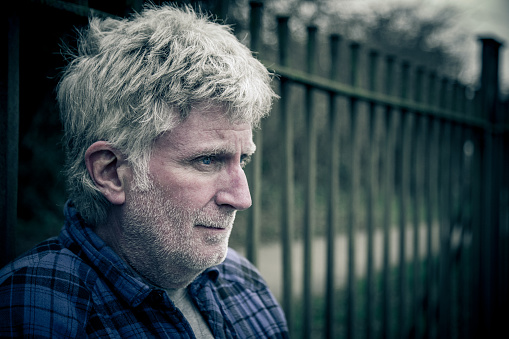
Celebrating Black History Month with Pioneers in Behavioral Health
Black History Month is a time to honor and acknowledge the continued advancements and innovations of Black pioneers, visionaries, and leaders along with the countless contributions and achievements Black communities have made, and continue to make. Black History Month is an important reminder to lift up Black voices all year round, and to reflect and continue to challenge racism, biases, and structural inequality. KYC is proud to celebrate Black History today and every day with our staff, community partners, and community members.
As part of our Black History Month celebration, we’re celebrating Black leaders and voices who have shaped the body of work we serve here at KYC. Please join us in honoring these innovators.
Solomon Carter Fuller, MD
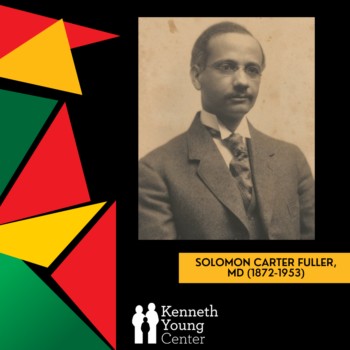
Dr. Solomon Carter Fuller (1872 – 1953) was a neurologist, professor, and psychiatrist. Born in Liberia, he immigrated to North Carolina to study at Livingstone College. In 1897, he completed his M.D from Boston university where after he researched under Emil Kraepelin and Alois Alzheimer at the University of Munich, Germany. Dr. Fuller spent most of his career at Westborough State Hospital in Massachusetts where he became a prominent fixture in the study and research on those with Alzheimer’s disease.
Paul Bertau Cornely, MD, DrPH
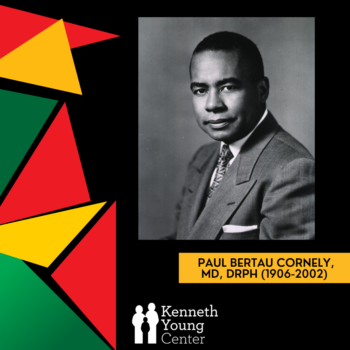
Dr. Paul B Cornely (1906 – 2002) was a physician, civil rights activist, and public health pioneer. Born in the West Indies, Dr. Cornely immigrated to New York and then Michigan where he completed his medical and doctoral studies. Dr. Cornely was the first Black person in the United States to earn a Ph.D. in Public Health. Much of his work was dedicated to desegregating medicine and education. He was also the first Black person to be elected President of the American Public Health Association.
Linda James Myers, Ph.D.
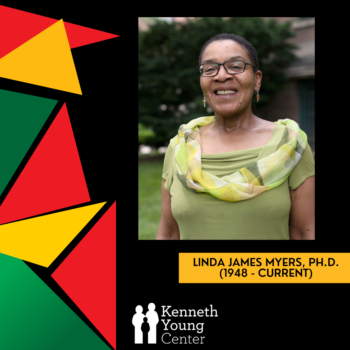
Dr. Linda James Myers (1948 – Current) is the Professor Emerita at Ohio State University College of Arts and Sciences. Born in Kansas, she attended Kansas State Teachers College for her undergraduate degree in psychology and special education, then receiving a Master’s degree in psychology. Dr. James Myers then received her Ph.D. in clinical psychology. She is best known for developing the Theory of Optimal Psychology. This theory places value on the interconnectedness among all living beings.
Jacki McKinney, M.S.W
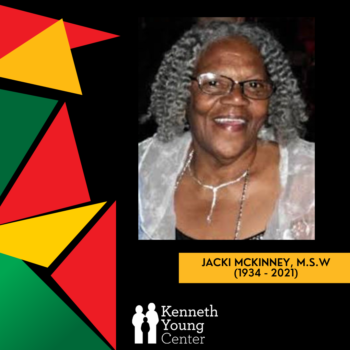
Jacki Mckinney (1934 – 2021), from the National Association for Rights Protection and Advocacy (NARPA), “was a survivor of trauma, addiction, homelessness and the psychiatric and criminal justice systems. She was a family advocate specializing in issues affecting African-American women and their children and was a founding member of the National People of Color Consumer/Survivor Network. Ms. McKinney was a consultant and advisor to the Center for Mental Health Services and was well known for her moving presentations to national audiences on issues such as seclusion/restraint, intergenerational family support, and minority issues in public mental health and was a frequent presenter at NARPA conferences. The National Mental Health Association honored Ms. McKinney with the Clifford W. Beers award, its highest honor, for her work on behalf of people with mental disabilities. She was also the recipient of a Lifetime Achievement Award from the Substance Abuse & Mental Health Services Administration’s Voice Awards program, presented to her for her distinguished leadership and advocacy on behalf of trauma survivors.”
Harriette Pipes McAdoo, Ph.D.
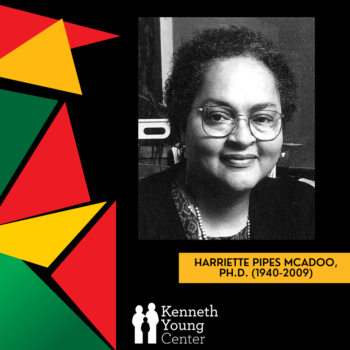
Dr. Harriette Pipes McAdoo (1940 – 2009) was a sociologist and professor at Michigan State University. Born in Georgia, when she was a teenager, she and her family moved to East Lansing, Michigan. Her work included multi-cultural studies in many countries in Africa and global public health. Other facets of her work include parental involvement and the developmental effects on learning, social structures, and the effects on early school processes and development.
Bebe Moore Campbell

Bebe Moore Campbell (1950 – 2006) was an American author, journalist, and teacher. Born in Pennsylvania, she spent most of her youth and young adulthood there, graduation from the University of Pittsburgh with a Bachelor of Science in Elementary Education. Bebe was an advocate for mental health and her first book, Sometimes Mommy Gets Angry, was the winner of the NAMI Outstanding Literature Award for 2003. From the NAMI website, “She co-founded NAMI Urban Los Angeles and became a national change agent whose groundbreaking work revolutionized the way we approach mental health in underserved communities. She recognized and understood the detrimental consequences of silence rooted in stigma — one of the reasons for the lack of mental health care and treatment within communities of color. Campbell fearlessly challenged the status quo, shedding light on the unique struggles faced by people of color and advocating for their voices to be heard. Her firsthand experience underscored the need for safe spaces for people in communities of color to share their stories and experiences without shame or judgement. She advocated for spaces of hope and healing where the unheard and untreated could find inclusive and equitable resources for support and mental health care.”
Previous Article Next Article

